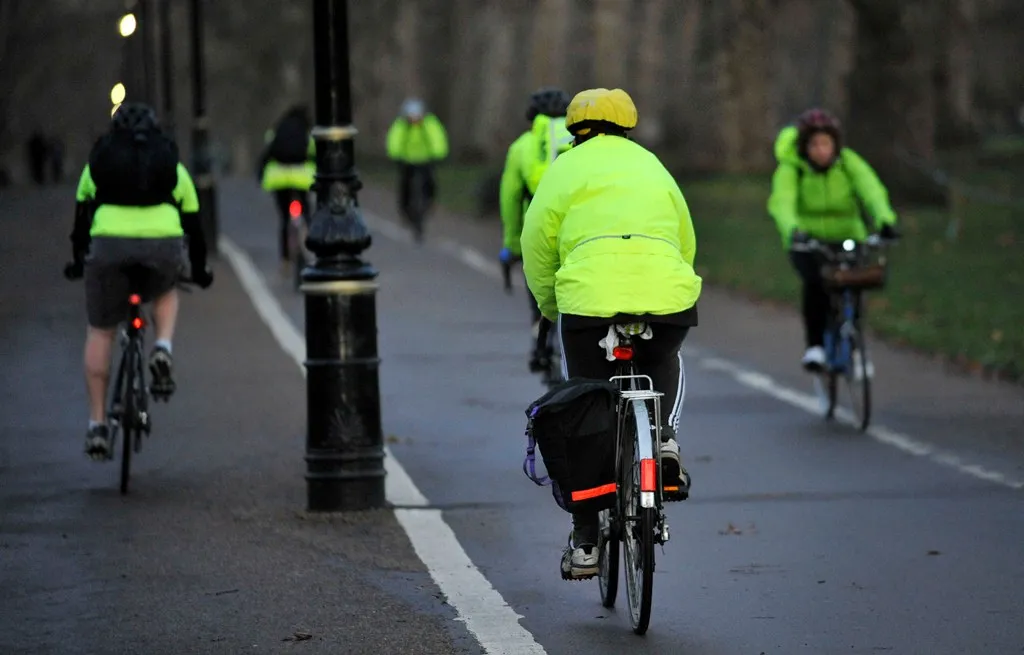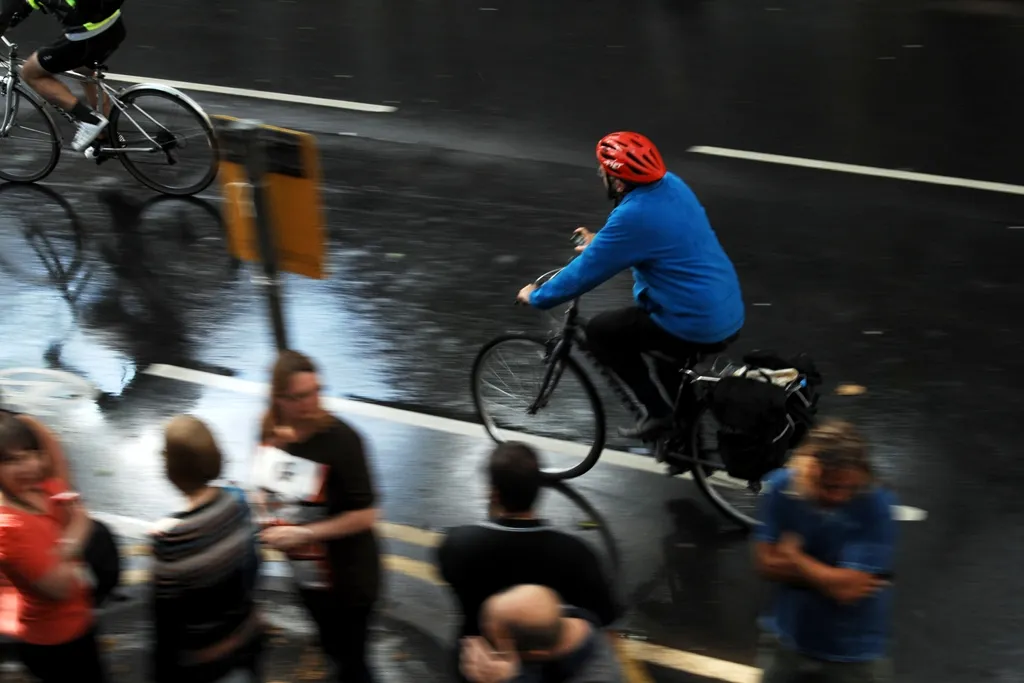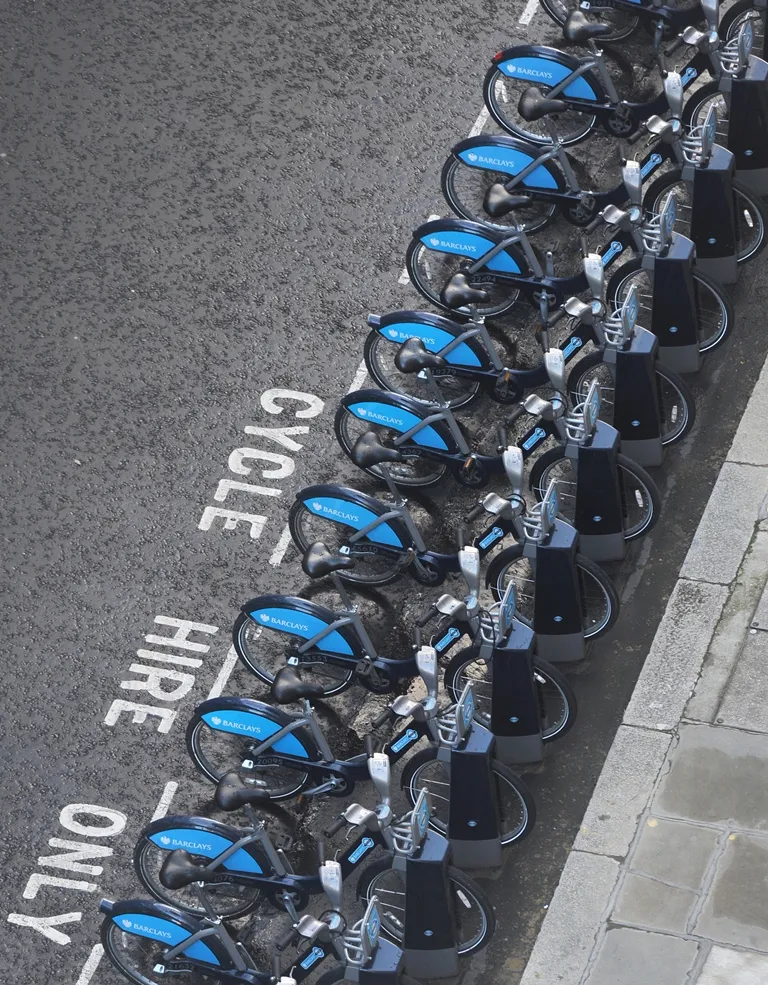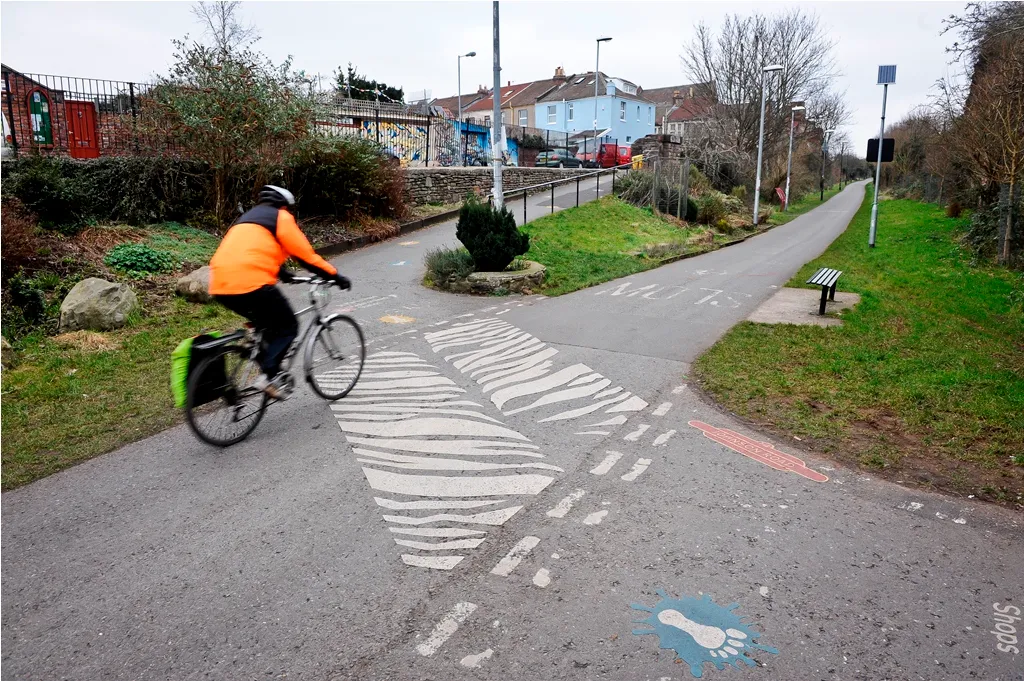The All Party Parliamentary Cycling Group publishes its Get Britain Cycling report tomorrow, based on evidence from scores of experts taken during twelve hours of evidence gathering sessions. Ahead of publication BikeRadar asked cycling campaign groups, bloggers, politicians and other stakeholders one question:
What key recommendations need to be in the Get Britain Cycling report for it to make meaningful improvements to cyclists' conditions?
Requirements at the top of stakeholders' wishlists were
- Increased and sustained levels of government investment
- Improved safety
- Top level political leadership
Here are their responses in full:
Roger Geffen, Campaigns & Policy Director, CTC
"‘Get Britain Cycling’ needs an ambition for cycling to be seen as safe, enjoyable and normal.
"It should support cycle training and other promotional activities, allowing people of all ages, backgrounds and abilities to ‘give cycling a try’. These are proven ways to introduce new people to cycling’s benefits.
"It should propose safety improvements, e.g. 20mph limits for most built-up streets, stronger traffic law and enforcement, and action on lorry danger.
"It should call for a fundamental redesign of our roads, streets, buildings and communities, including high-quality cycle-facilities. Enhancing cyclists’ safety and priority, particularly at junctions, will require changes to the rule-books for Britain's drivers and transport planners alike. Yet as CTC's "Cycletopia" campaign [www.ctc.org.uk/cycletopia] showed, some UK cities are already making real progress.
"The key ingredient is leadership from No 10. Not just one-off headline-grabbing funding announcements from junior ministers, but a properly resourced action plan, backed by annual investment of around £20 per head over several years. The plan should also set out the action and funding commitments of all relevant Government departments, councils and other partners, and should have cross-party backing."
Mark Ames, Editor, ibikelondon blog
"Many wise words were spoken during the Get Britain Cycling inquiry, with agreement on the need for more and better cycling infrastructure, a reform of cycling design standards and a shake-up of road safety law and sentencing to keep the most vulnerable road users safe.
“My contribution focused on what we should do with design and planning to ensure cycling is not just a statistically safe means of transport, but also an subjectively safe experience that anyone can feel comfortable doing.
“But the important thing will not be what the report says, but what our politicians choose to do with it. Britain needs a bold – even radical – political lead to pick cycling levels out of the doldrums; the big question is do any of our elected leaders have it in them?"
Jason Torrance, Policy Director, Sustrans
"It’s vital the report includes real recommendations on how to Get Britain Cycling. The inquiry consulted a broad range of experts, and a clear consensus emerged over what needs to be done.
"Top of the list is money. Cycling needs meaningful levels of funding that are consistently delivered. Secondly our roads need to become safer and traffic speeds reduced, most notably to 20mph in built up areas. People also need help getting on their bikes for the first time, and training should start at school, with cycling being included in the curriculum. And we need to be creating better routes locally.
"But just as important is the need for government to create an overall vision. The benefits of cycling are universal: anyone that gets on a bike is saving money and improving his or her health, but also lowering the strain on the NHS and reducing government expenditure. This will require leadership from the very top
Ralph Smyth, Senior Transport Campaigner, Campaign to Protect Rural England
"We hope the report will set out a bright new future for cycling in rural as well as urban areas - both for everyday travel and leisure. The main lesson to learn from the Dutch is how cycling has not just to be prioritised but also integrated across all levels of Government. Nationally, the Highways Agency should draw up an action plan to retrofit safe cycling routes along and across busy rural roads. Local authorities need to make 40 mph on minor rural roads as common as 20 mph in built-up areas."
John Moss, founder, Stolen-bikes blog
“Many bike theft victims I speak to are put off cycling, sometimes because it's too costly to get back in the saddle but more often because they don't feel like the police are doing enough. With 468,000 bike thefts a year, a large number of cyclists will potentially be put off cycling. So clearly if the government want to “Get Britain Cycling” they need to look at keeping them cycling as well.
“Purely from a recommendation put of view, I'd like to see a requirement for second hand bike markets to record and publish frame numbers of bikes sold through them and harsher penalties to those found to be handling stolen bikes.
Christopher Snelling, head of urban logistics policy, Freight Transport Association
"What we’d like to see in the report is an intelligent approach to safety. Improving driver behaviour is key, so help with the promotion of best practices and helping with the provision of driver training courses is important.
"The natural corollary of better driver behaviour is improved cyclist behaviour, so more support should be given for schemes like Bikeability and anything else out there that can help cyclists to protect themselves and cycle well on urban roads. We would like to see every generation of school children go through Bikeability training and so they understand how to use the roads safely. Even if they are not all the cyclists of tomorrow, they’ll be the motorists and some of them the HGV drivers of tomorrow.
Anthony Lau, founder, Cyclehoop
“Two of the biggest hindrances to getting more people cycling are bicycle theft and lack of secure bike parking at home or work. Through our work with local authorities there is a big challenge in finding space to install secure bike parking, so the report must address these issues. If you look at the costs of taking out one car parking space and putting ten bikes in that same area, the cost savings and reduction in traffic really is an easy win.
“However, the initial idea of taking away car spaces is often met with resistance, so I think politicians need to put their foot down and be brave: if you are trying to reduce congestion, improve the air and urban environment you have to make these tough decisions on limiting cars.”



